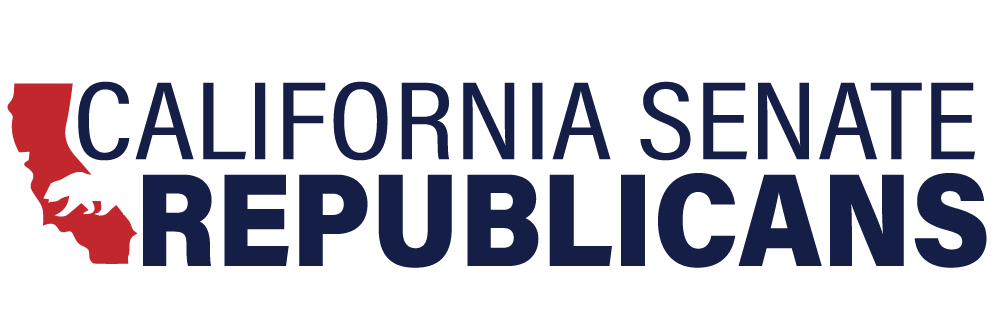SACRAMENTO - The nonpartisan Legislative Analyst’s Office recently projected that California could have a general fund surplus of $7.5 billion this year. If this proves correct, the Legislature will have an opportunity to address some of the significant challenges facing California. Rather than create new ongoing spending commitments, Senate Republicans are advocating for a 2-2-2 framework that would balance critical needs of today and tomorrow by investing $2 billion of the surplus to rebuild communities, $2 billion to reduce pension liabilities, and $2 billion to continue building the state’s budget reserves.
“Californians worked incredibly hard to pay these record high taxes and deserve the absolute best return for their hard work,” said Senate Republican Leader Patricia Bates (R-Laguna Niguel). “That is why Senate Republicans propose that these tax dollars be responsibly invested to rebuild our communities today and to protect Californians from future downturns. We have the resources to invest these funds to help address our state’s homeless crisis and crumbling infrastructure while also putting money away to enhance the safety net protecting Californians from the next economic downturn. On behalf of the Senate Republican Caucus, I urge the governor and budget committee to adopt this common sense, responsible 2-2-2 approach.”
$2 Billion to Rebuild Local Communities: These funds would be allocated to cities and counties for a variety of local priorities such as housing incentives, homeless shelter infrastructure and fixing local streets and roads. The potential windfall in state revenues demonstrates that the state does not need to raise taxes or borrow more money to address these priorities. Senate Republicans have advocated for using existing transportation dollars for current road and highway needs and prioritizing one-time funding to further efforts to fix our roads and other key infrastructure. Additionally, in 2017, the legislative supermajority passed a lemon of a transportation plan (SB 1) which not only imposed a record gas tax hike but earmarked 30 percent of the money for pet projects other than roads like parks, workforce apprenticeships, bike lanes and sidewalks, commuter trains, research, and local planning grants. Even more offensive, less than 5 percent of the SB 1 higher taxes go to traffic relief.
$2 Billion to Pay Down California’s Pension Debt: Unfunded state pension obligations currently stand at more than $80 billion and are ever-escalating. This astronomical burden is the result of promises made with far too little up-front funding provided, and having to cover it reduces what the state has available to spend on vital services, like public safety. By paying down an additional $2 billion with part of the surplus now, we will further reduce unfunded liability payments in future years, saving 7 percent on the debt each year.
$2 Billion to Increase Budget Reserves: The governor previously cautioned that a pending recession could bring about a $20 billion yearly budget shortfall. According to a recent nonpartisan forecast, the “Rainy Day” fund should reach $11.8 billion in 2018-19; that is only 9 percent of the projected $132 billion 2018-19 General Fund spending. An additional $2 billion for the “Rainy Day” fund would help provide a greater cushion if the state needs to protect vital services during a recession. We also must remember that only half of the Rainy Day fund is available in the first year of a recession, so a more robust reserve is needed to protect Californians from potentially dangerous cuts to services.
